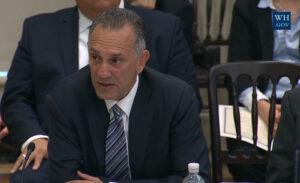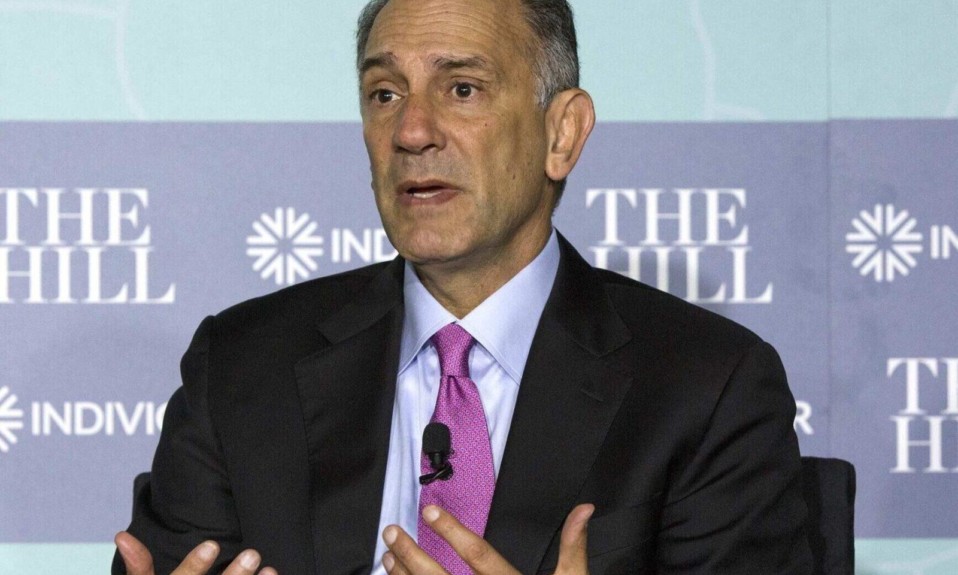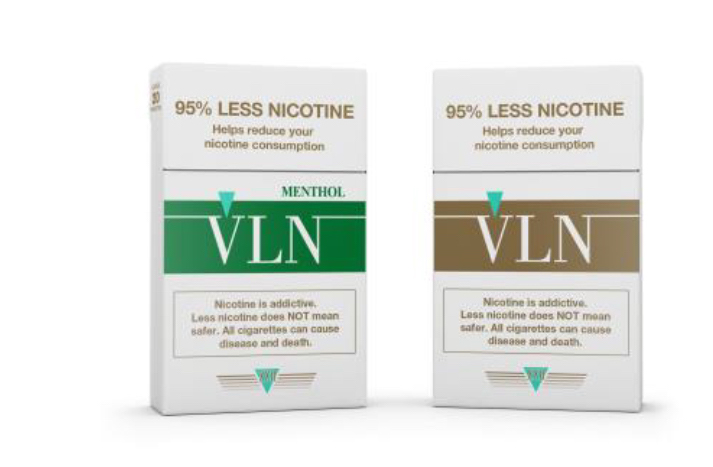Shatterproof founder and CEO Gary Mendell takes stock of the past seven years and boldly moves ahead in 2021 on a new mission: combating stigma
By Jennifer Taylor
January 6, 2021For the past seven years, a bold voice and unifying force has been emerging in the battle against addiction.
It has changed laws. It has changed treatment. And now it has its sights set on changing public opinion.
We’re talking about Shatterproof, a national nonprofit daring us to reimagine and reverse how we talk and think about substance use disorder in the United States.
At the helm of the Norwalk, Conn.-based advocacy group is founder and CEO Gary Mendell, who lost his son Brian to addiction in 2011. Brian didn’t die of an overdose; he was on the other side of recovery. Rather, he took his own life, says Mendell, because of the shame he felt due to the stigma of his past substance use problems.
To make sense of his son’s death, Mendell, founder and former CEO of HEI Hotels and Resorts, decided to bring the full force of his business experience to this mission. In 2013, he launched Shatterproof. And that’s been Mendell’s full-time focus since.

Shatterproof’s work is guided by three pillars: revolutionizing the treatment system, breaking down addiction-related stigma and supporting and empowering communities.
In a few short years, Shatterproof has broken through barriers that have impeded addiction treatment in the United States. The organization’s work with Pew Charitable Trusts, for example, established a national standard of quality care for addiction treatment that is being adopted by healthcare practitioners and payers. According to Shatterproof’s 2020 Return on Investment Report, 23 insurers representing more than 200 million Americans have adopted its Principles of Care, which include routine screenings in every medical setting, fast access to treatment, long-term disease management and medication for addiction treatment.
Mendell recently spoke with TreatmentMagazine.com. In addition to reflecting on the nonprofit’s accomplishments, he looked ahead to bold initiatives.
Q: How has Shatterproof evolved since you launched?
A: When we launched the organization, the first thing I identified as a way to do that was getting laws passed in states related to greater use of naloxone—medication which can instantly reverse an opioid overdose—to safer prescribing of opioids to required education of health care professionals in the prevention, treatment and recovery of addiction. As of today, we’ve gotten 21 pieces of legislation passed in 18 states. We became the leader in the country at getting policies changed in states.
It just feels so wonderful to go to sleep at night, knowing that the work we have just accomplished is going to help 20 million Americans who have a treatable disease. It just can’t get any better than that.”—Gary Mendell, founder and CEO, Shatterproof
Q: Shatterproof’s record has been impactful since 2013. Why did it take until Shatterproof came along to create such change?
A: I think for a few reasons. No. 1, the country wasn’t ready for it.
When I was sitting at my desk thinking about this in March of 2012, if I had walked down any street in Manhattan, or on any street in any city, and and said to people, “So I have a charity nonprofit for those with addiction,’ most people would have looked at us and said, “Are you kidding me? Throw them in jail. Why would I donate to a charity for people who are addicted?”
But I could see sitting at my desk in March 2012 that things were going to start to change. And then the Affordable Care Act came along two years later, and said: Health plans, you can cover whatever you want—but there’s 10 things that are deemed essential that you have to cover. And one of those was mental health and addiction.
Reason No. 2, I have a background in business. My skill set is being very good at sifting through the hundreds of things that can be done and taking the less than 10 that are most important to what you want to accomplish—and getting it done. Basic business 101.
You put the two together, the timing was right for our society. I had just lost my son. I had done well enough. I’ve been successful enough in business where I could afford to leave my business, work for free and dedicate the rest of my life to this cause. And do it pro bono to use money in ways that are more impactful to saving people’s lives.

Q: Can you speak to Shatterproof’s Substance Use Disorder Treatment Task Force and accomplishments in 2020?
A: With that task force, we drafted and finalized the National Principles of Care in the fall of 2017. What came out of that was we raised $5 million in funding and built ATLAS, which is our quality measurement system [for treatment centers]. That was huge, game-changing. ATLAS is the first quality-measurement system in our country’s history for addiction treatment. And that was an outgrowth of the planning we did with the task force back in 2017.
Q: What is your reaction to that kind of progress, specifically with ATLAS, a free tool connecting those in need with appropriate addiction treatment?
A: It feels so wonderful that we were able to do this because it was the first time in our nation’s history that we were able to accomplish this. I’m even more excited that not only did we launch with six states, but we’ll be announcing in the next few months six new states. We’ll be doubling the number of states. And with the 12 states, almost 50% of the United States population will have access to ATLAS. It’s phenomenal.
We didn’t know how valuable states, families, commercial payers would find it. They all loved it. They are now all integrating it into resources they give families and their states.
Q: How do you measure the outcomes of ATLAS?
A: The outcomes of ATLAS will be for every American in the United States who has a substance use disorder. Relapse rates will come down; the number of people being successful in treatment will go up. That will be the measure of success.

A: First, we’ve already kicked off that initiative with the state of Pennsylvania. Pennsylvania is the first state to implement our state-based stigma reduction program. We kicked it off on Sept. 28. It’s going to run for a year. We surveyed residents in the state of Pennsylvania and got a baseline of knowledge, attitudes and behaviors about this disease. And we did that in August, and then we’ll do it a year later and show the results.
Objective No. 2 is to bring on additional states to operate this program.
Objective No. 3 is to begin a program similar, but not for a state: for a large employer, or two or three. And we’re talking to several as we speak.
Q: How has COVID-19 impacted Shatterproof’s work?
A: COVID-19 has made our work so much more important. The overdoses because of the anxiety and the social isolation that’s been brought on by COVID-19 [make it] that much harder. As a data point: In May of 2020, overdoses across the country were 42% higher than May 2019, making our work that much more important.
Q: How would you like to see the treatment field change in 2021?
A: Telehealth. COVID-19 has accelerated a trend that was already occurring. [Treatment] can be accomplished more efficiently through telehealth. That was one positive outcome.














